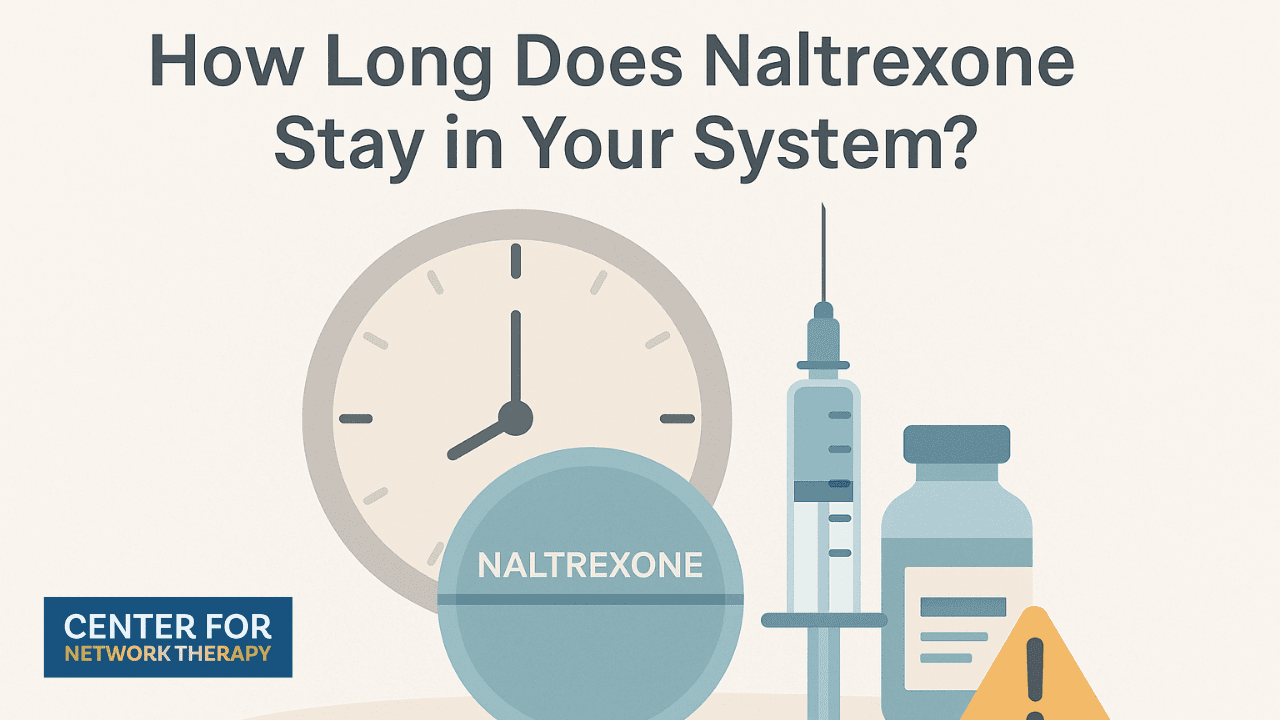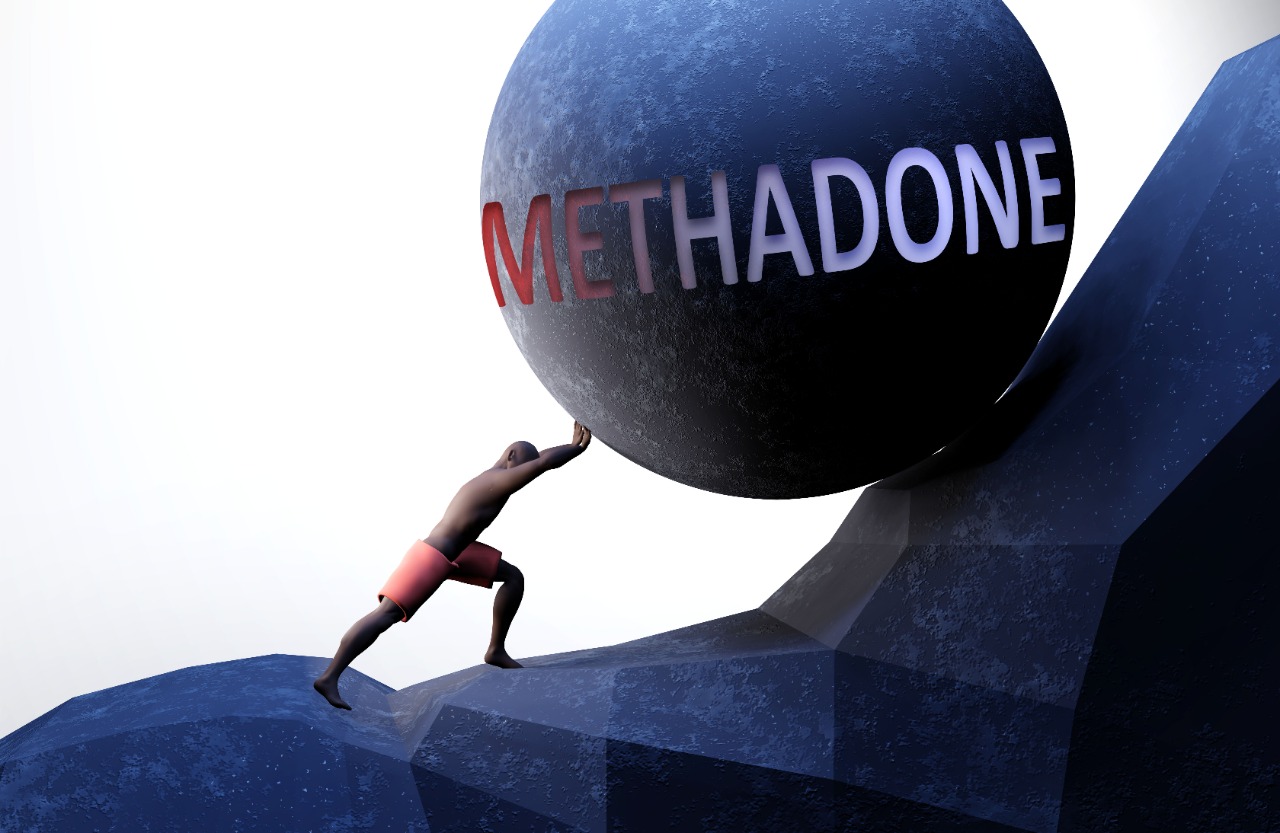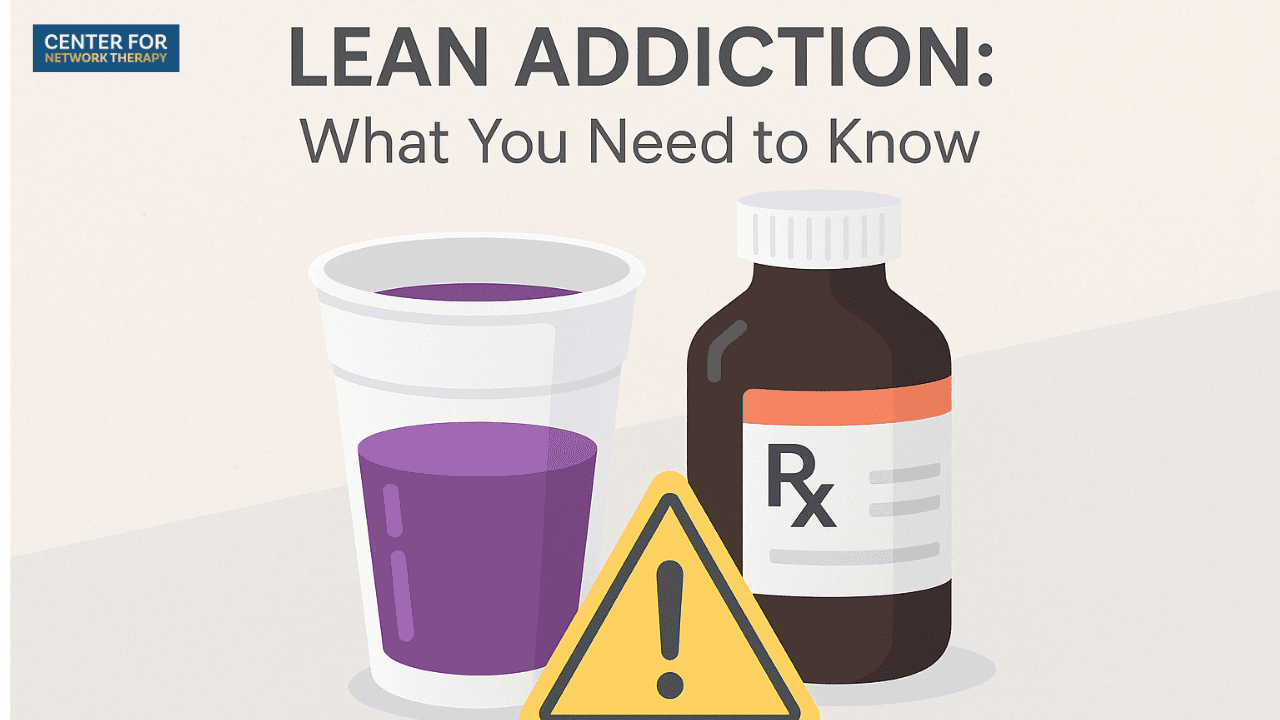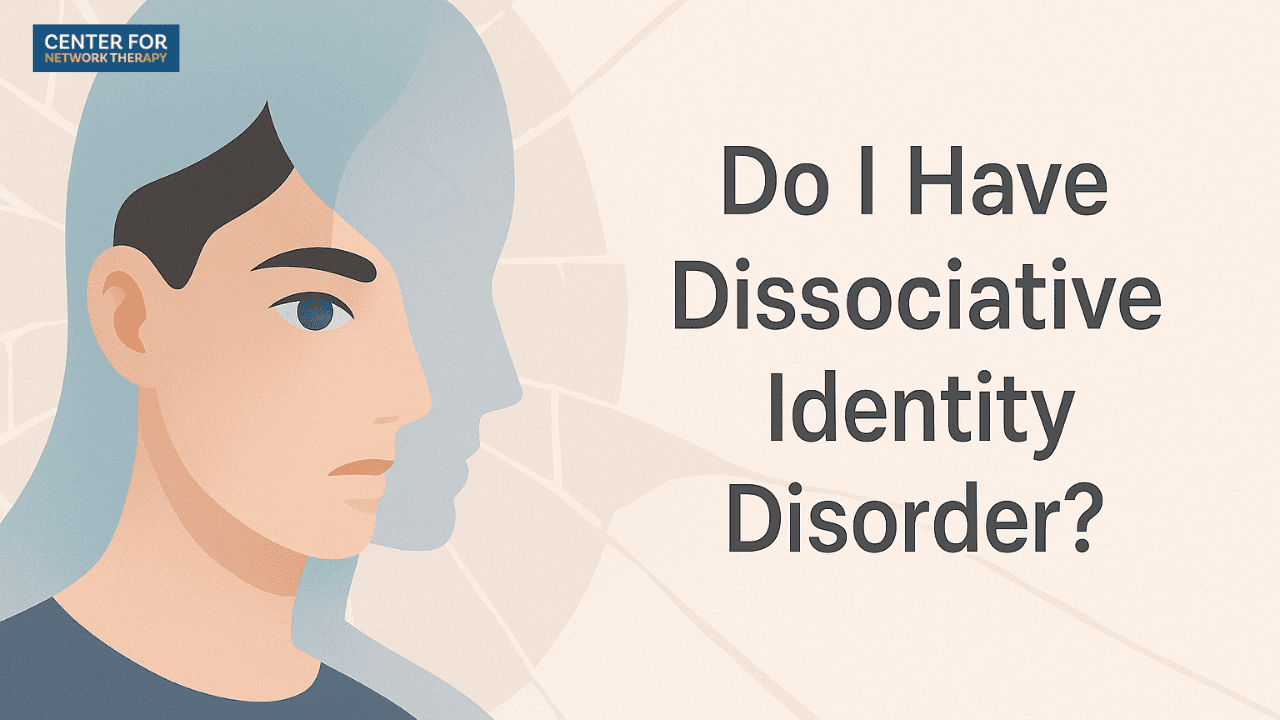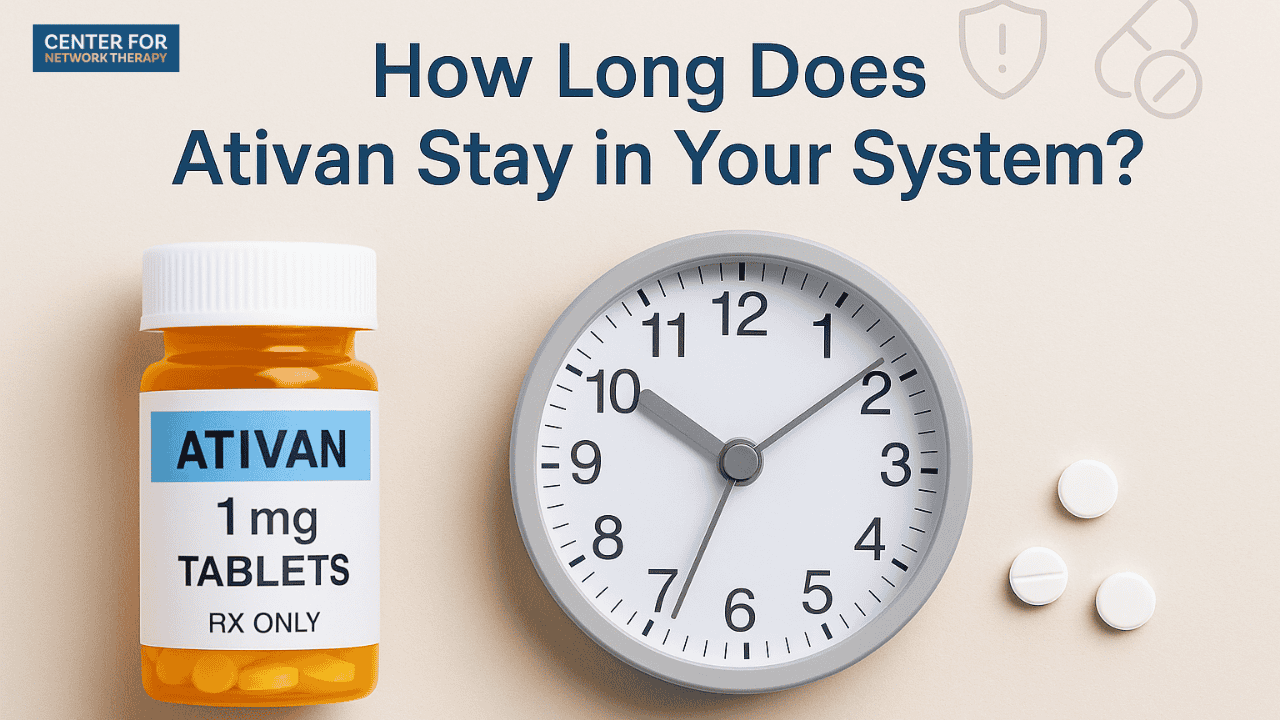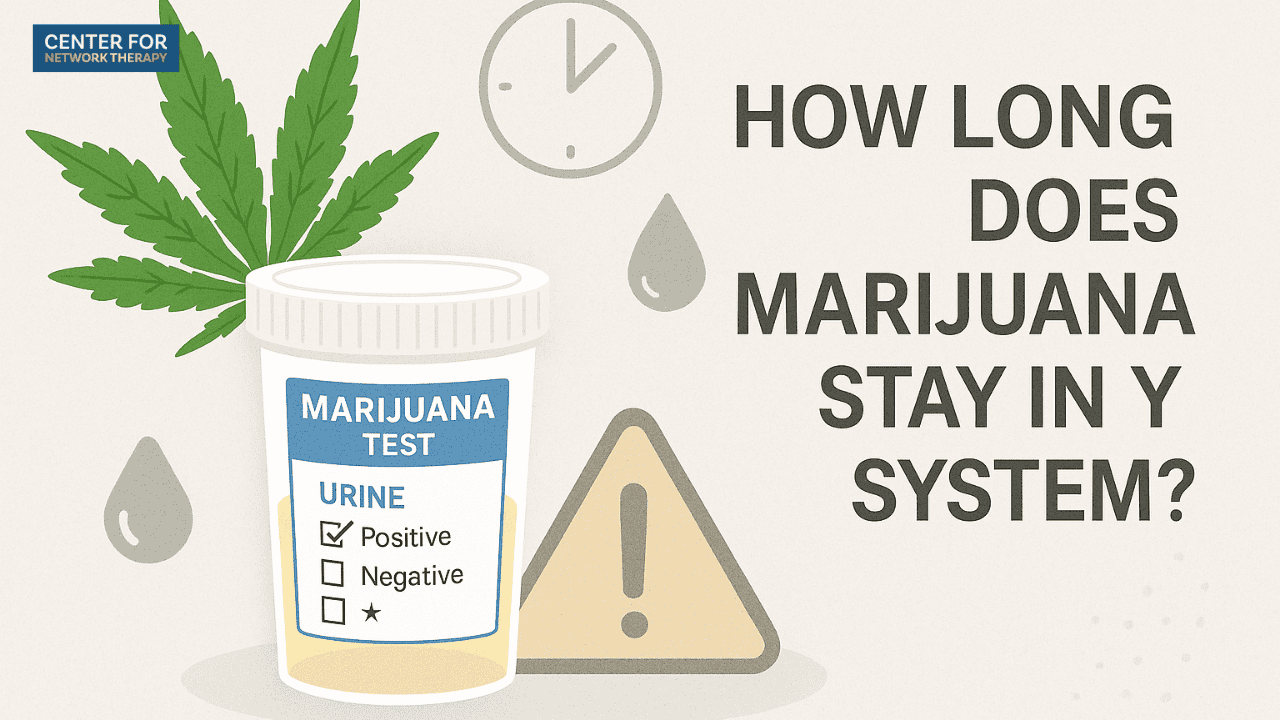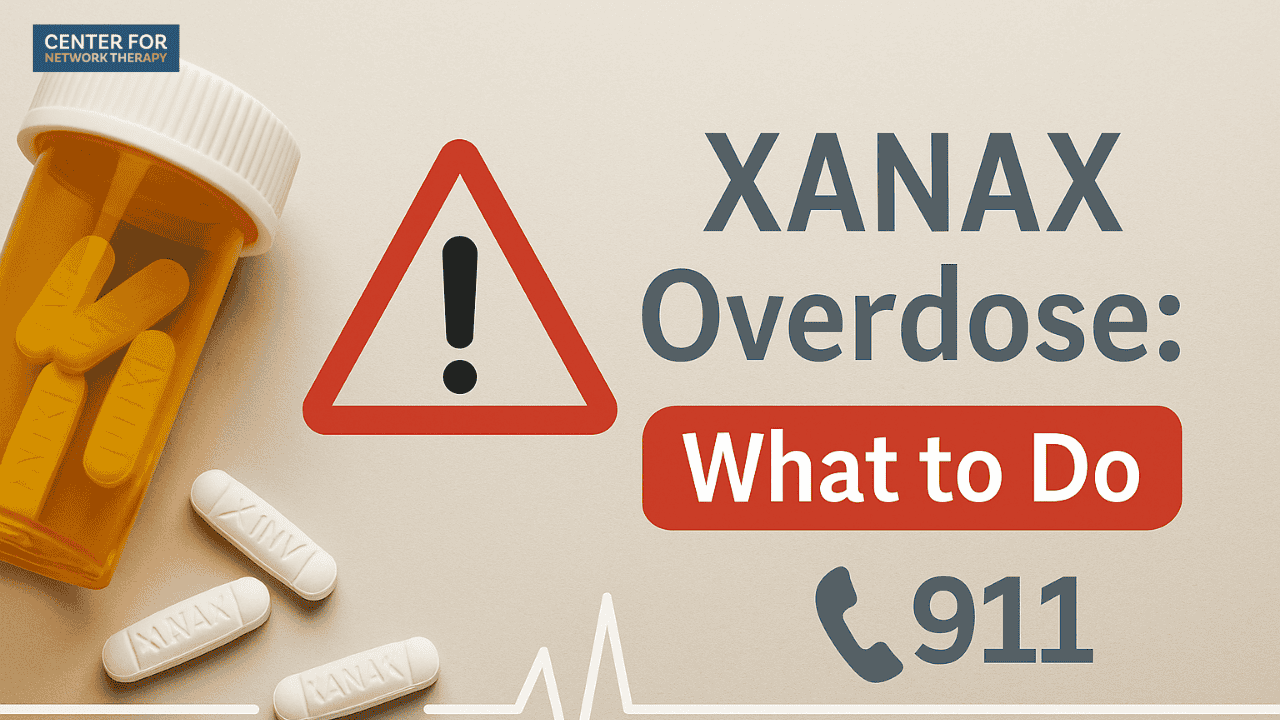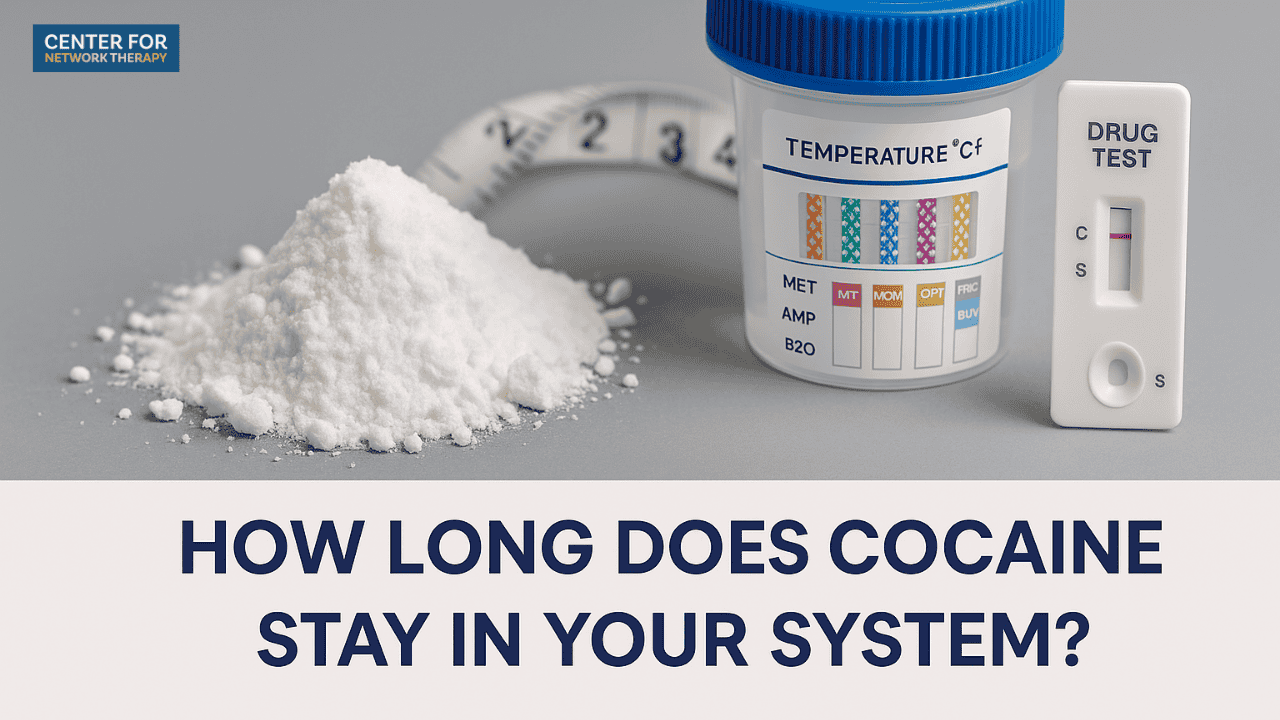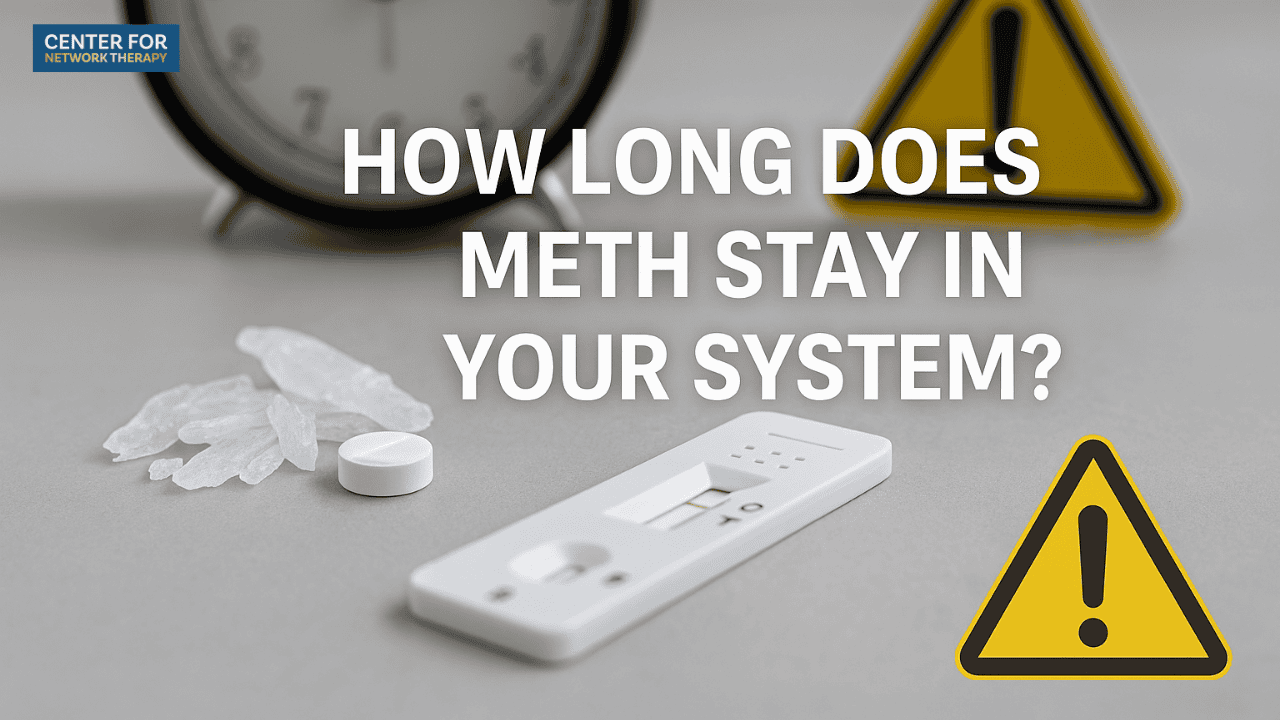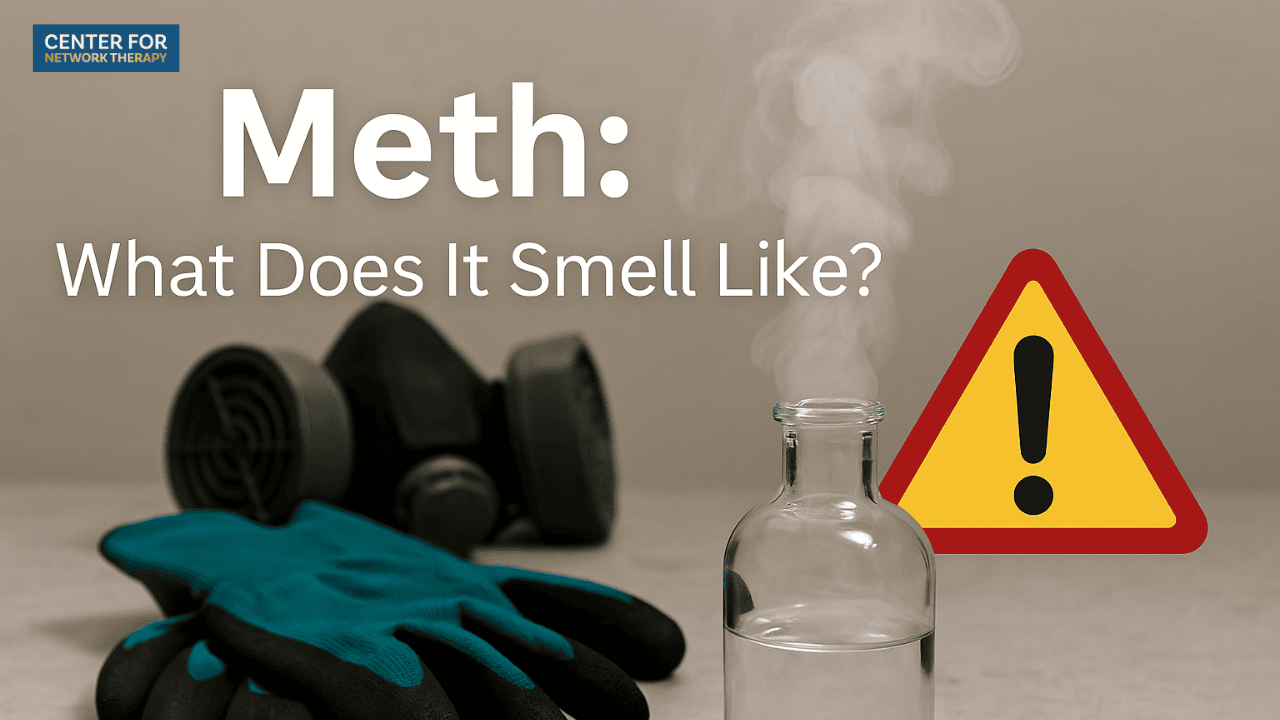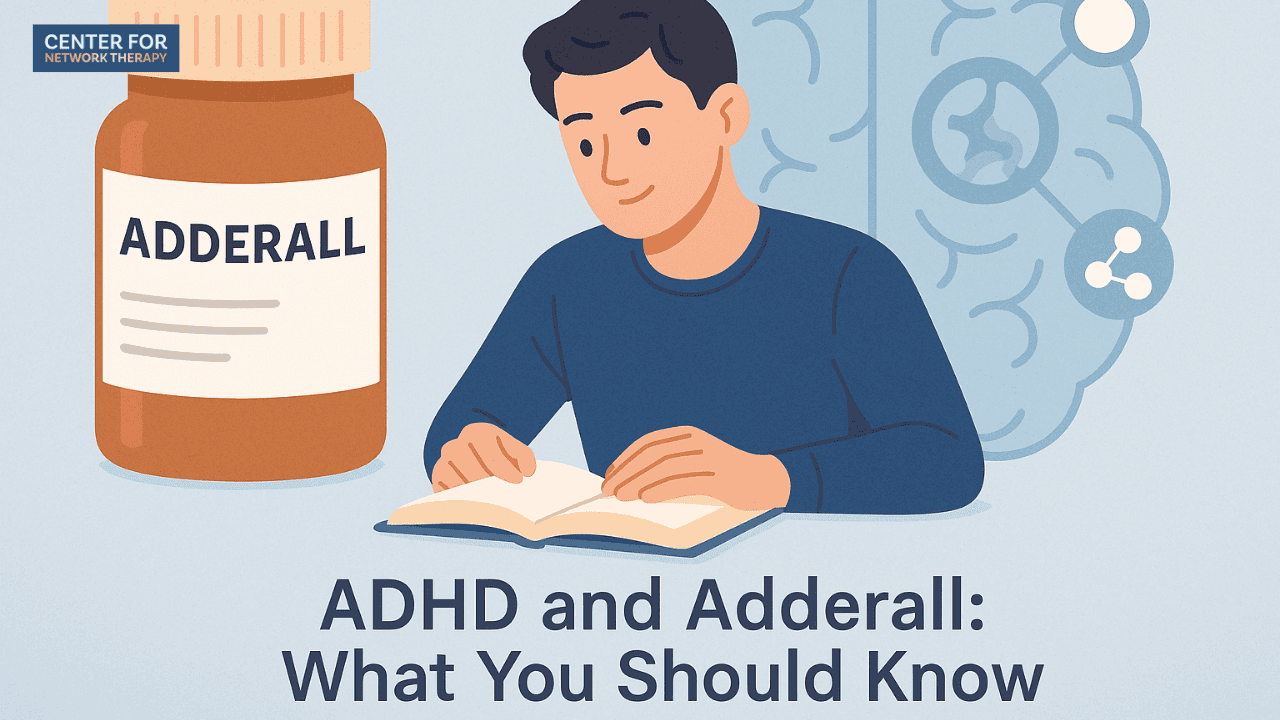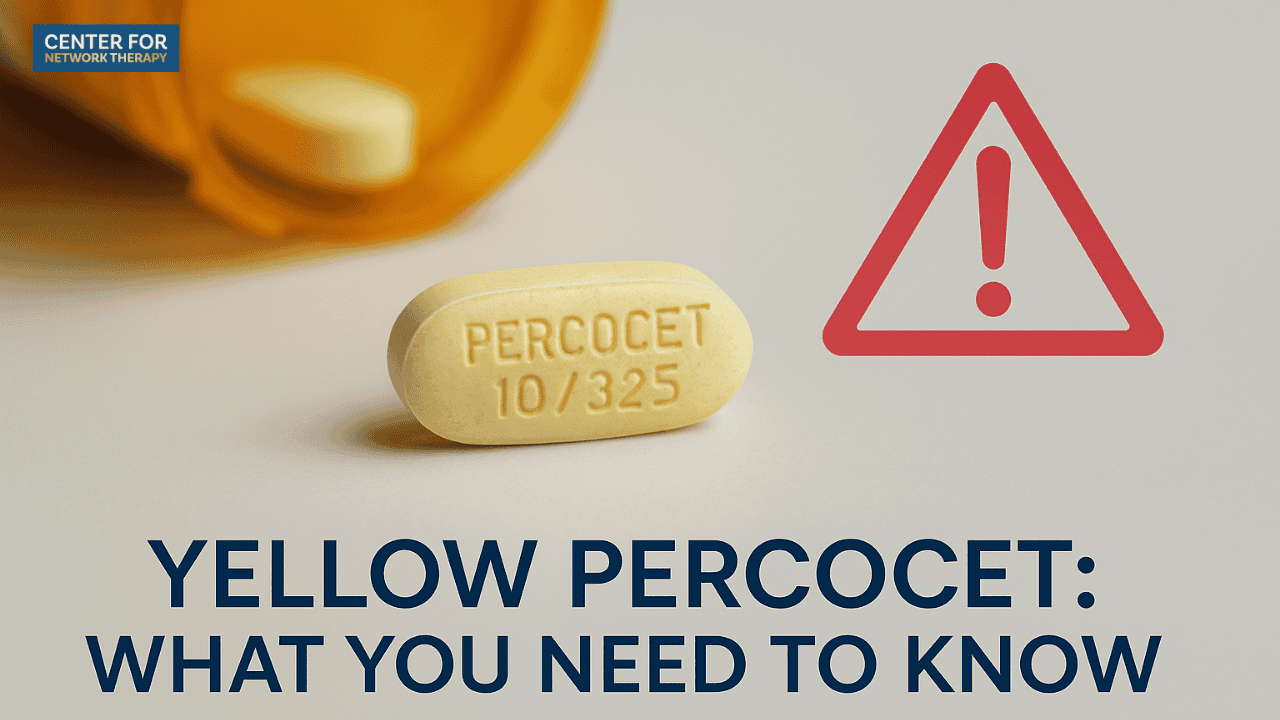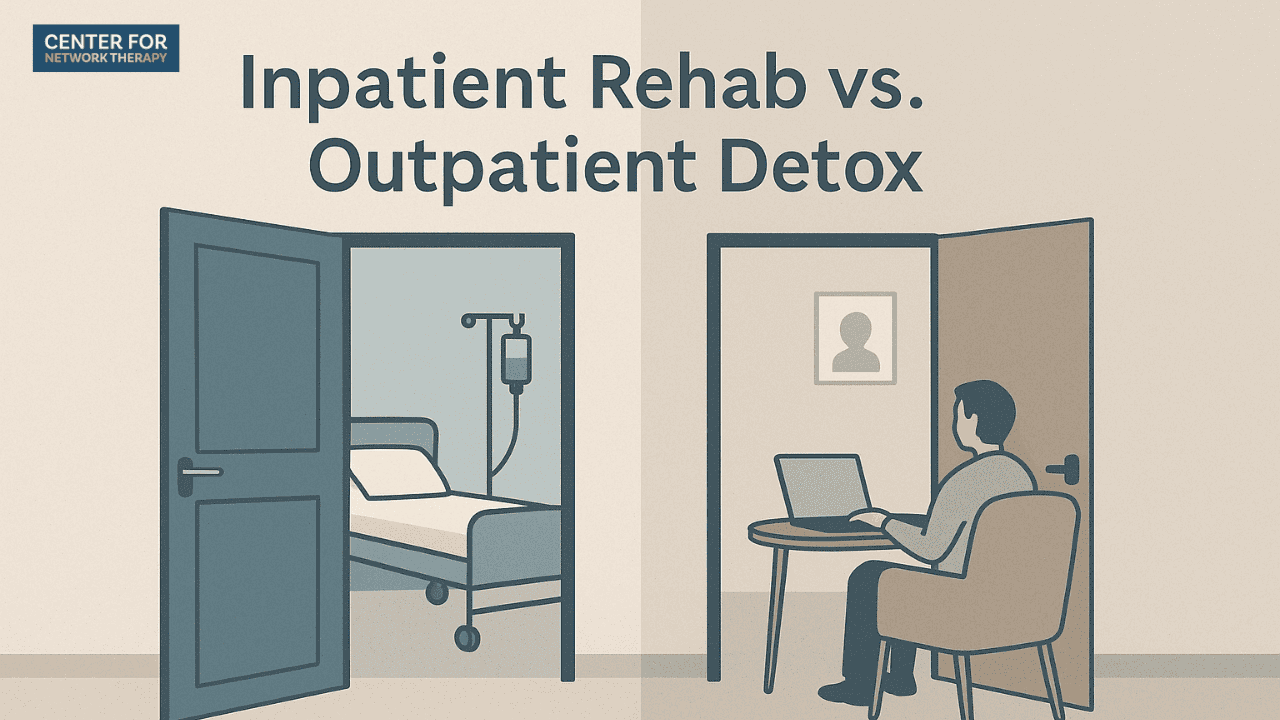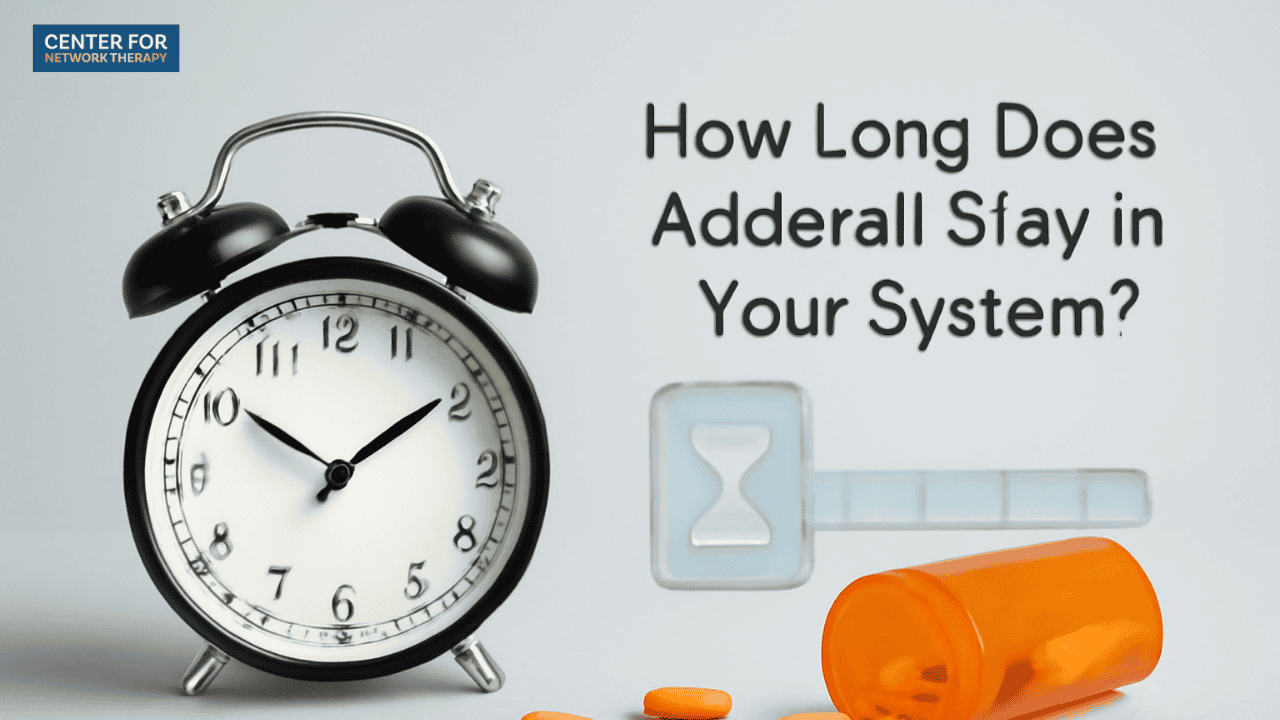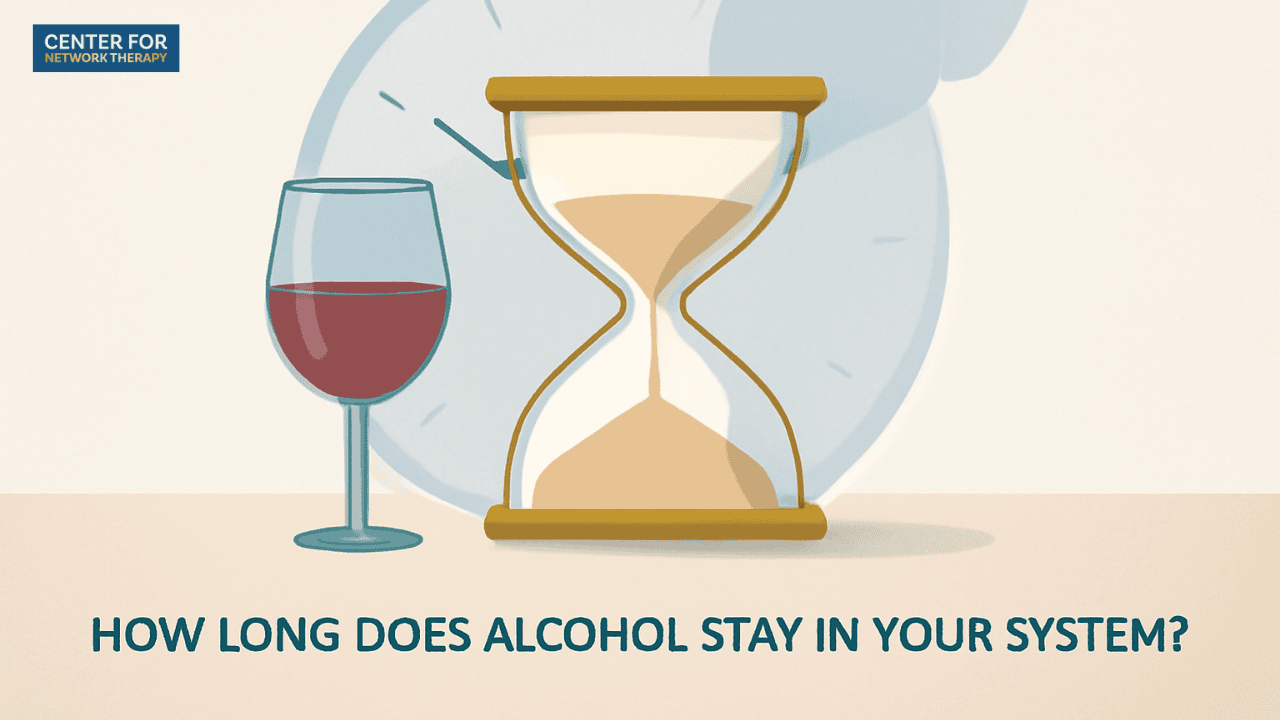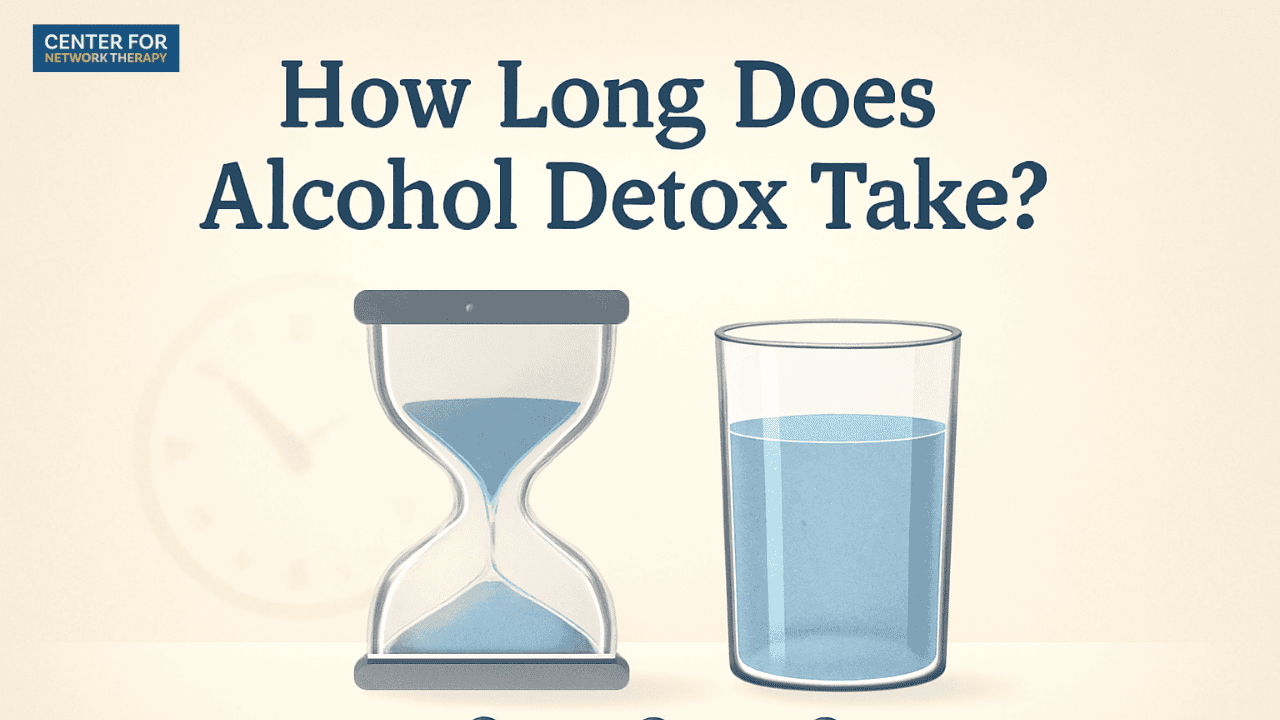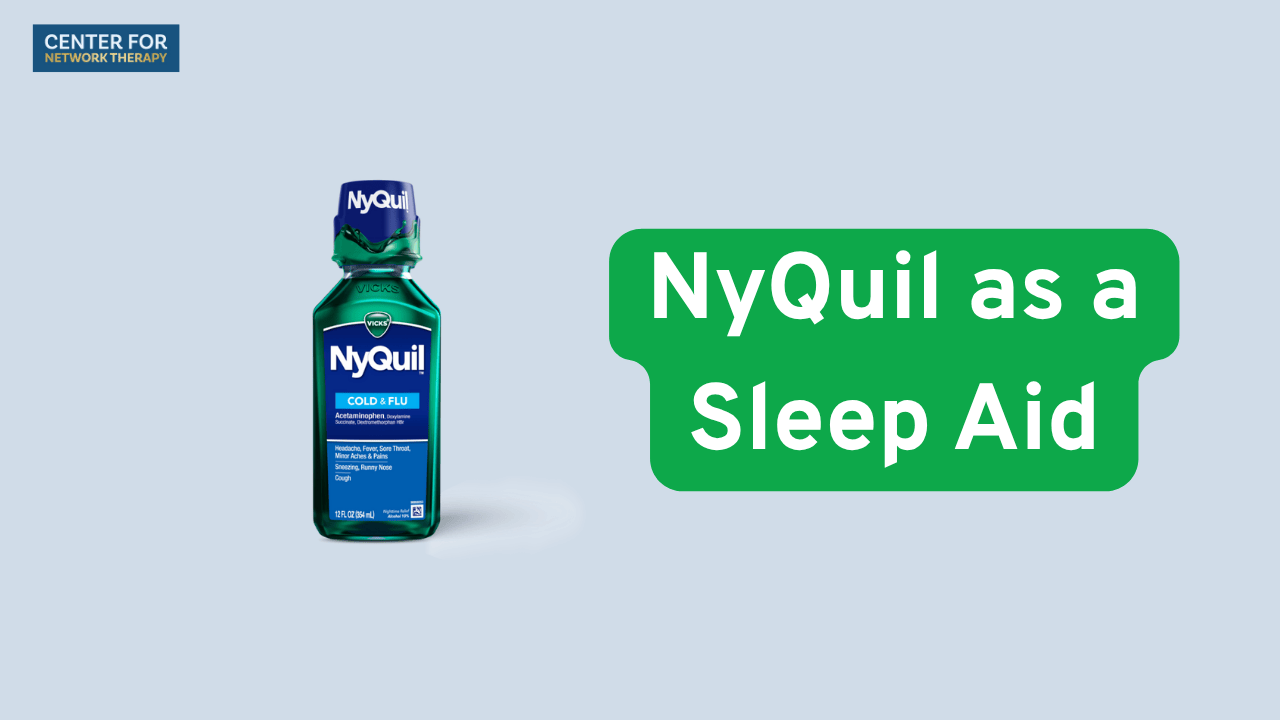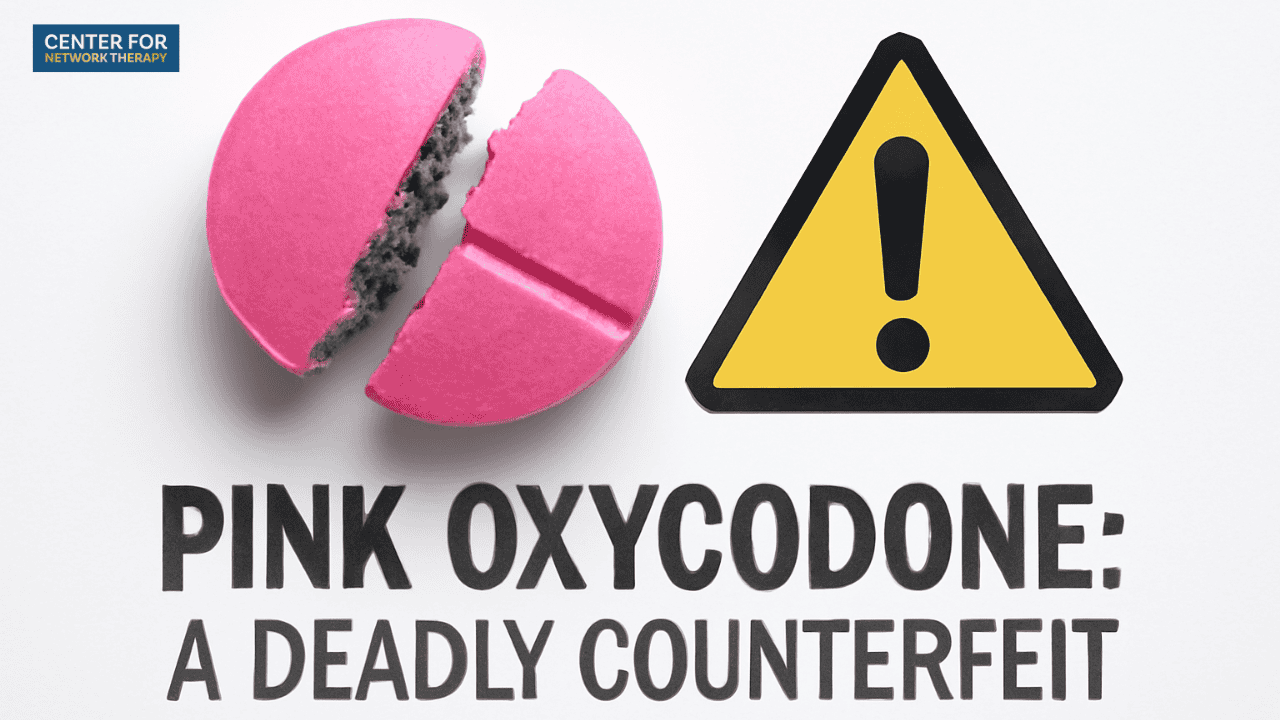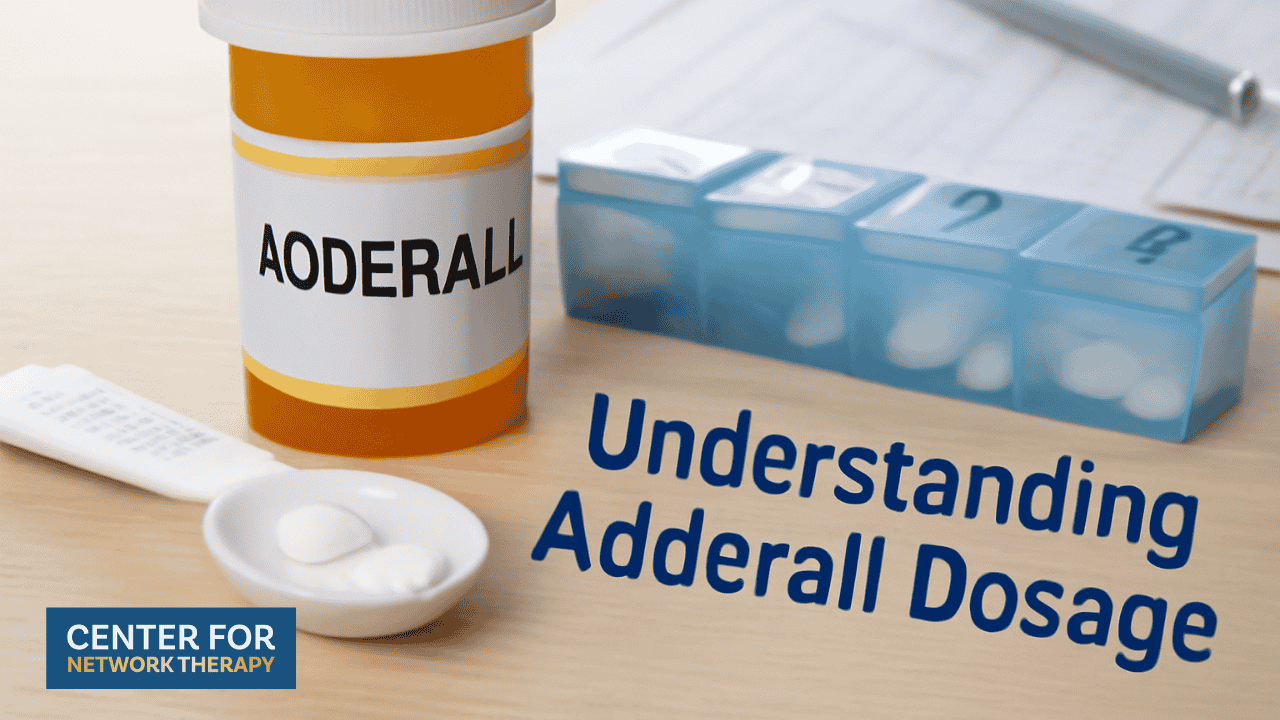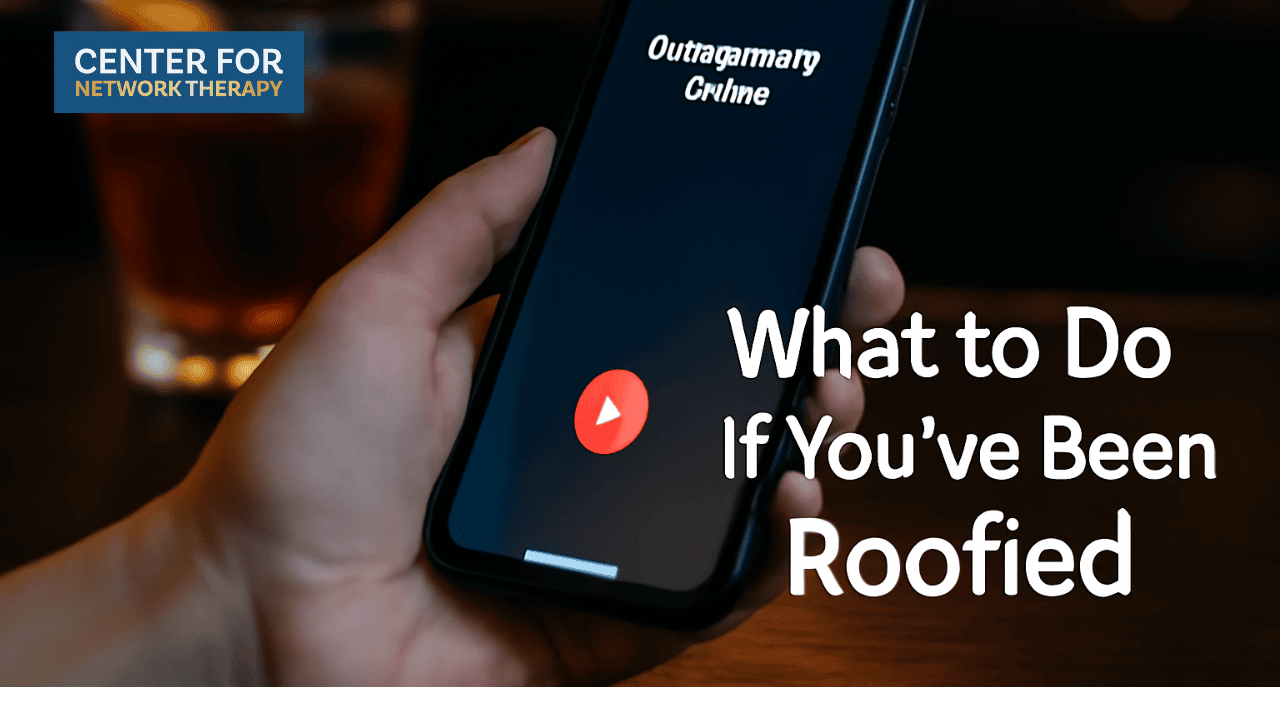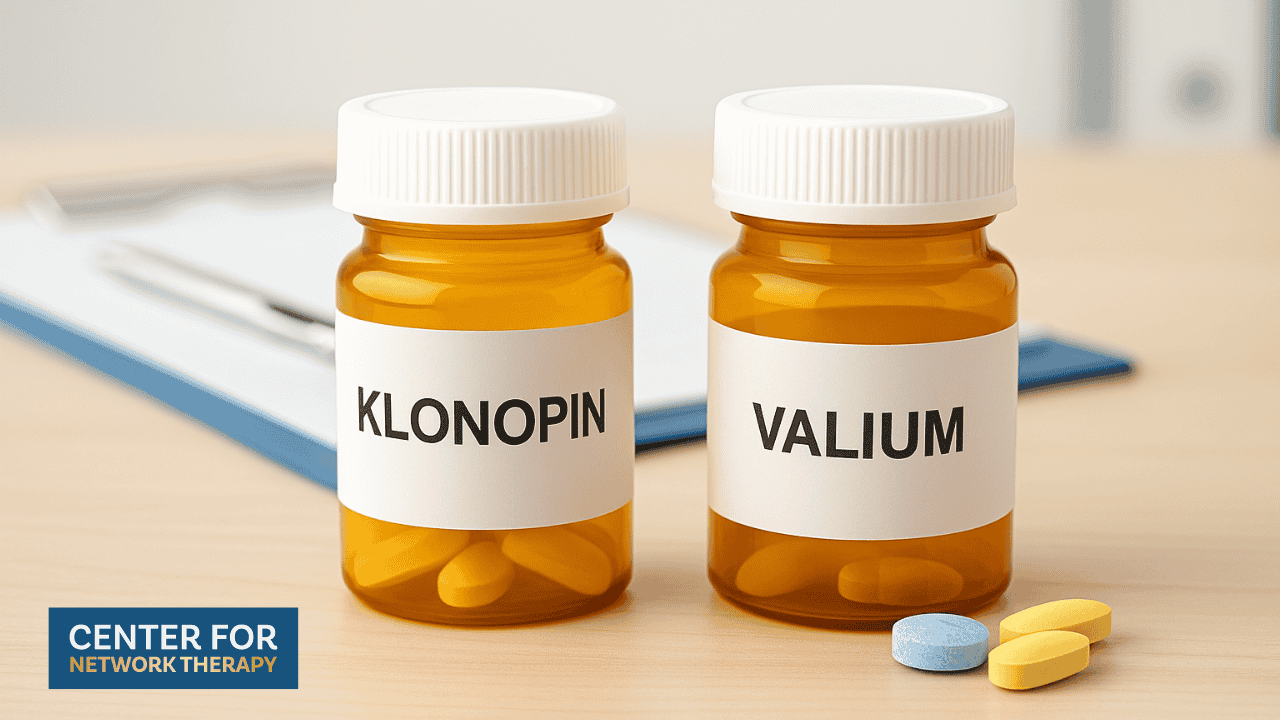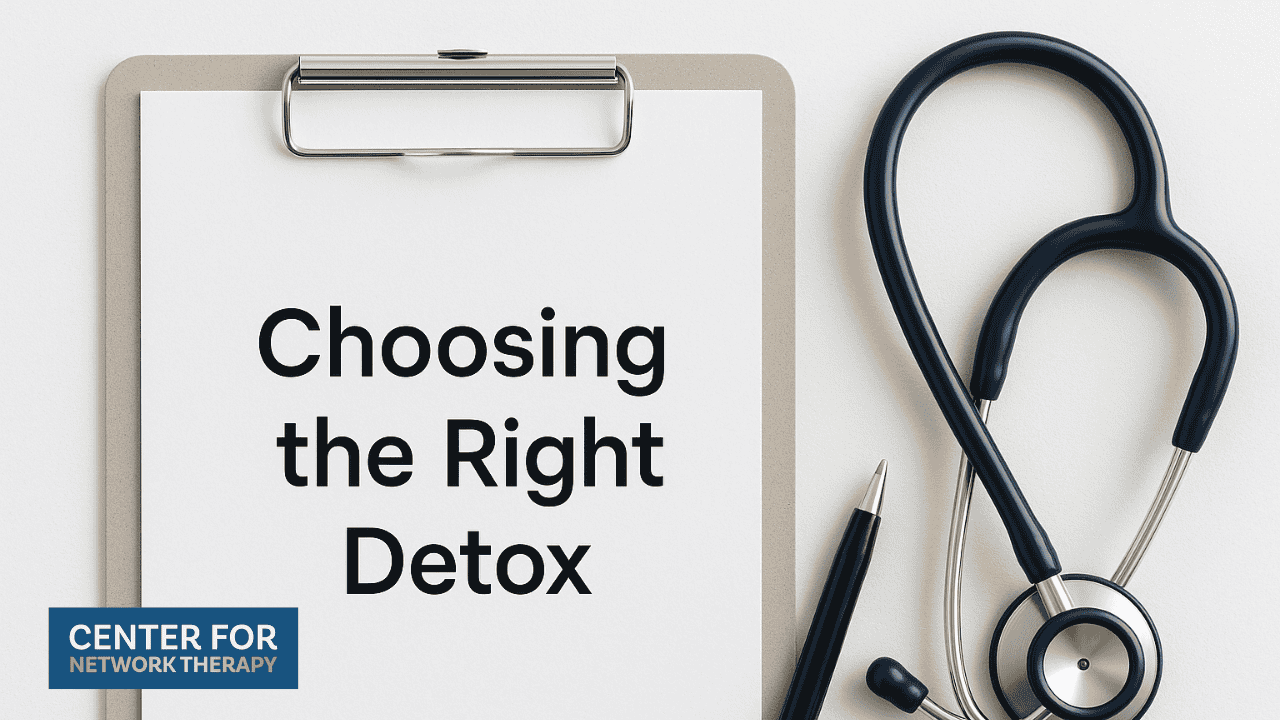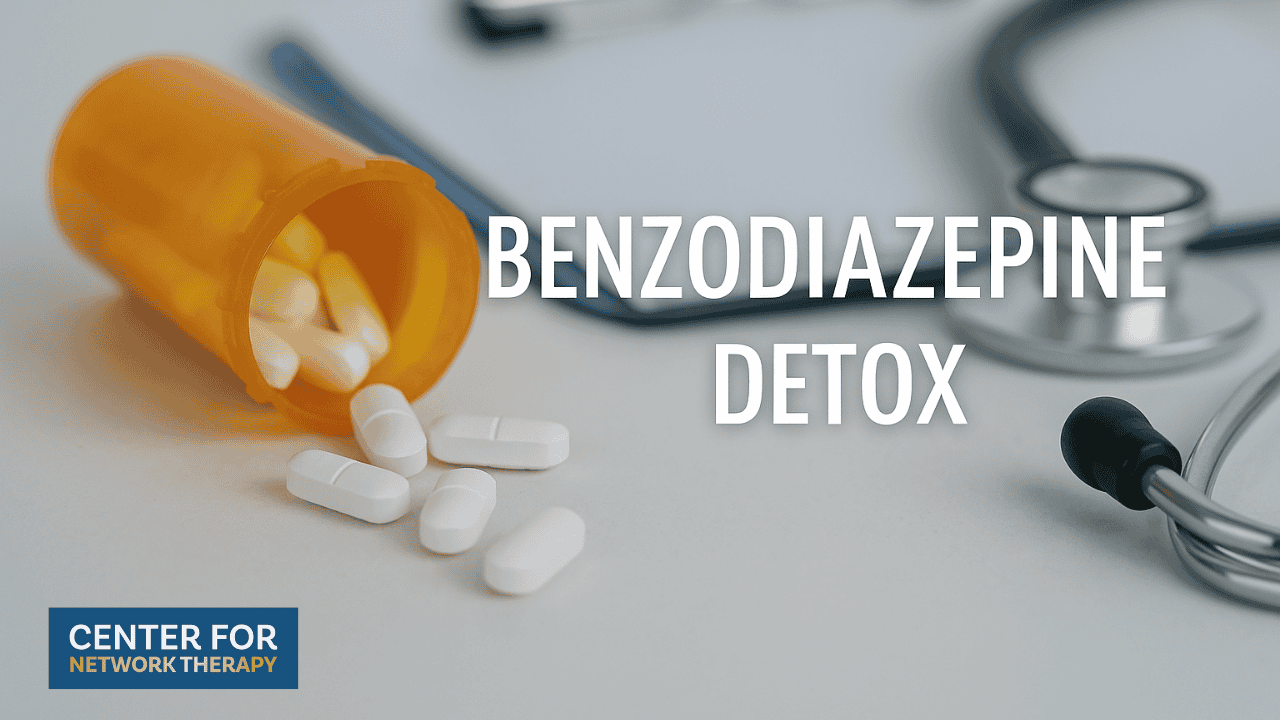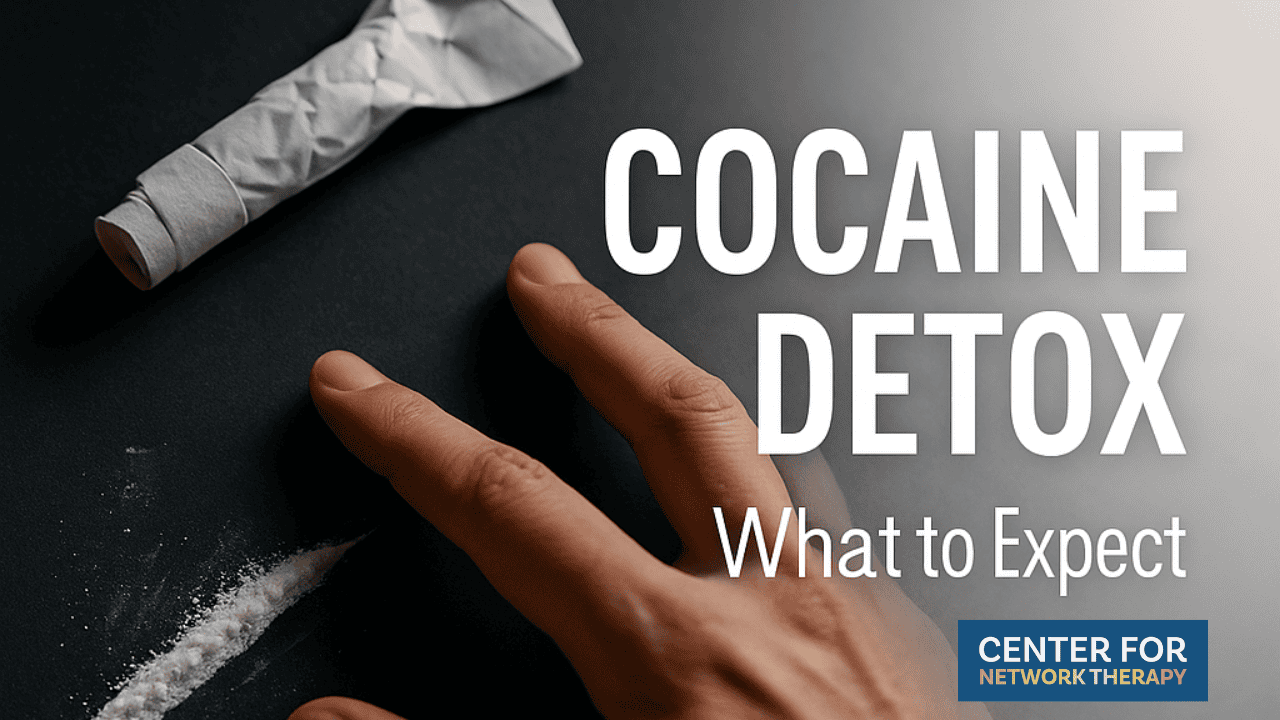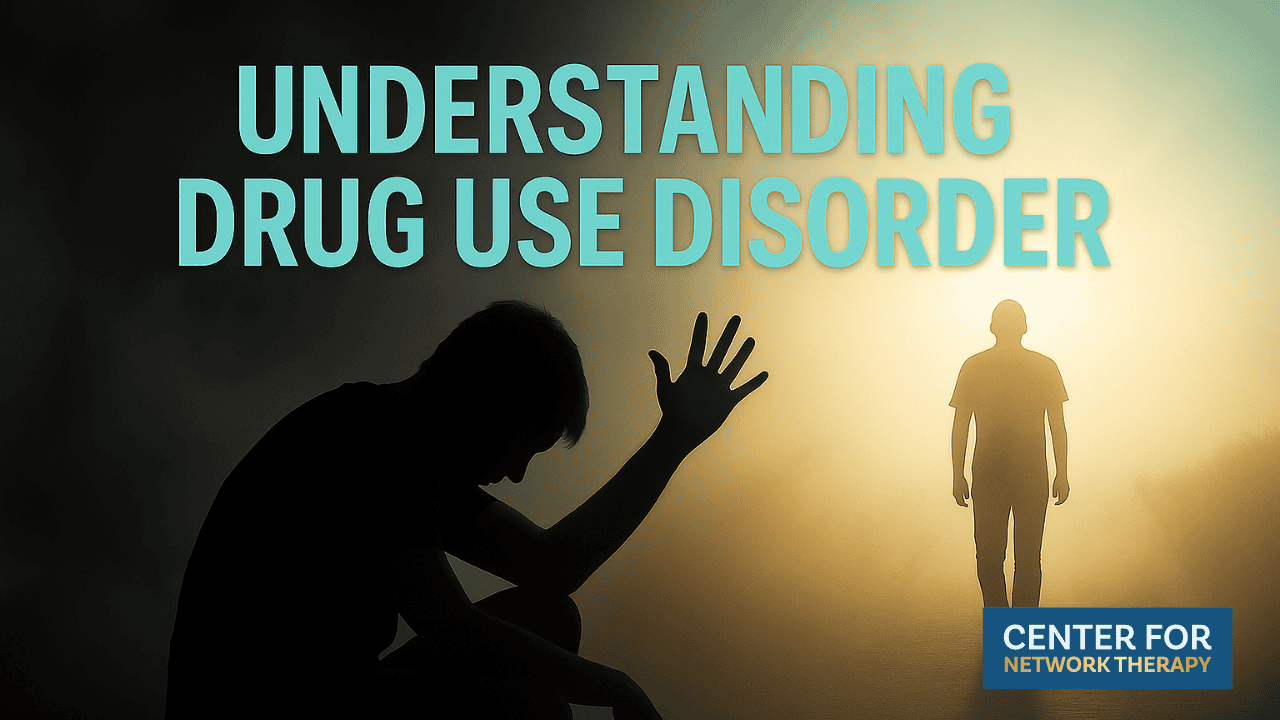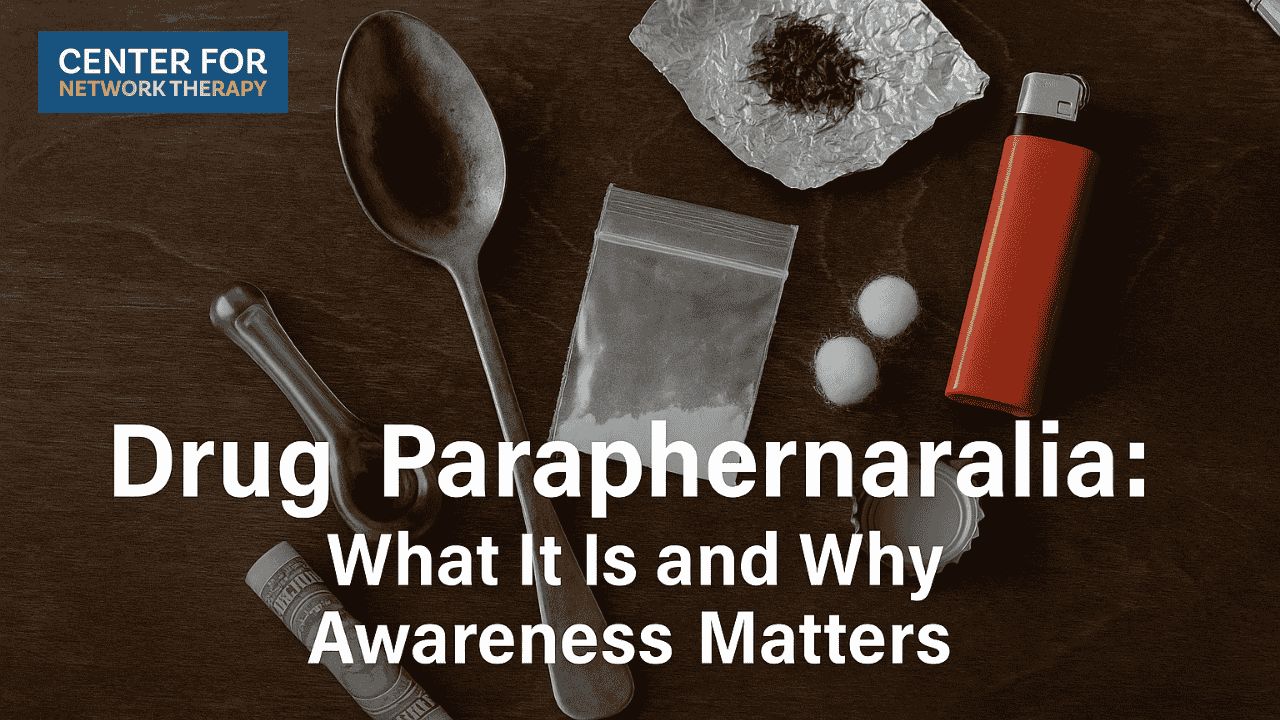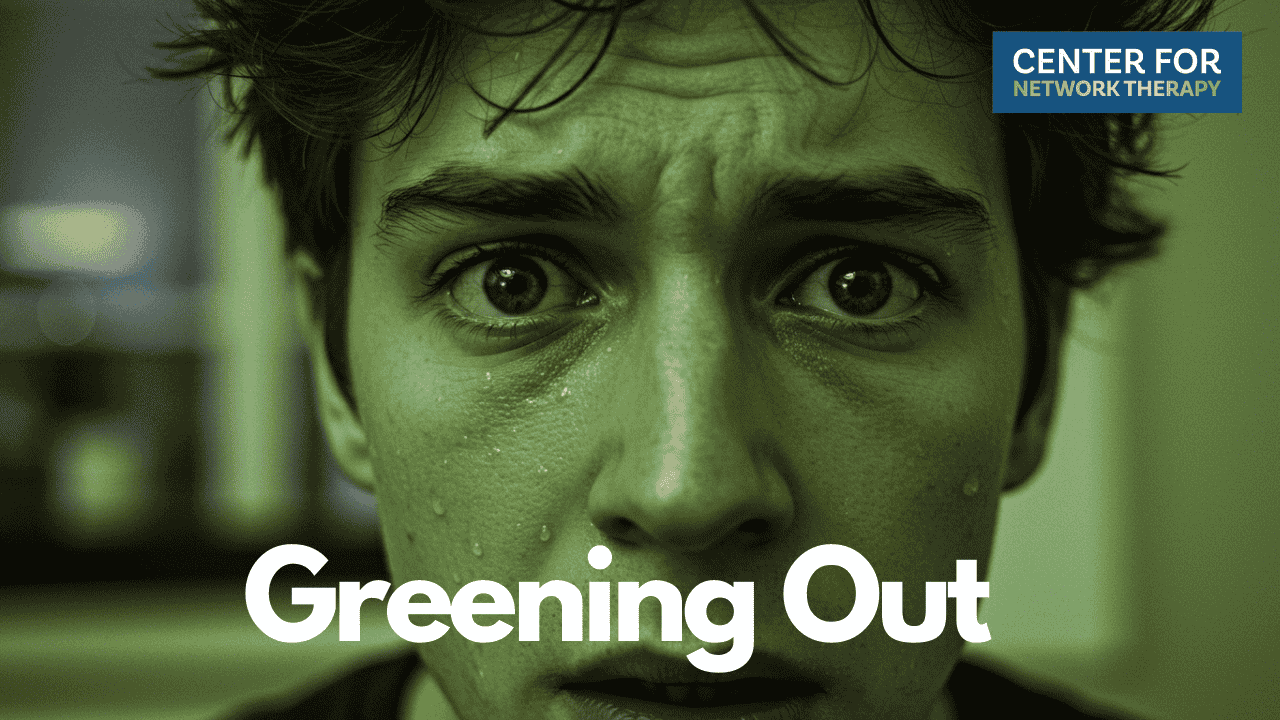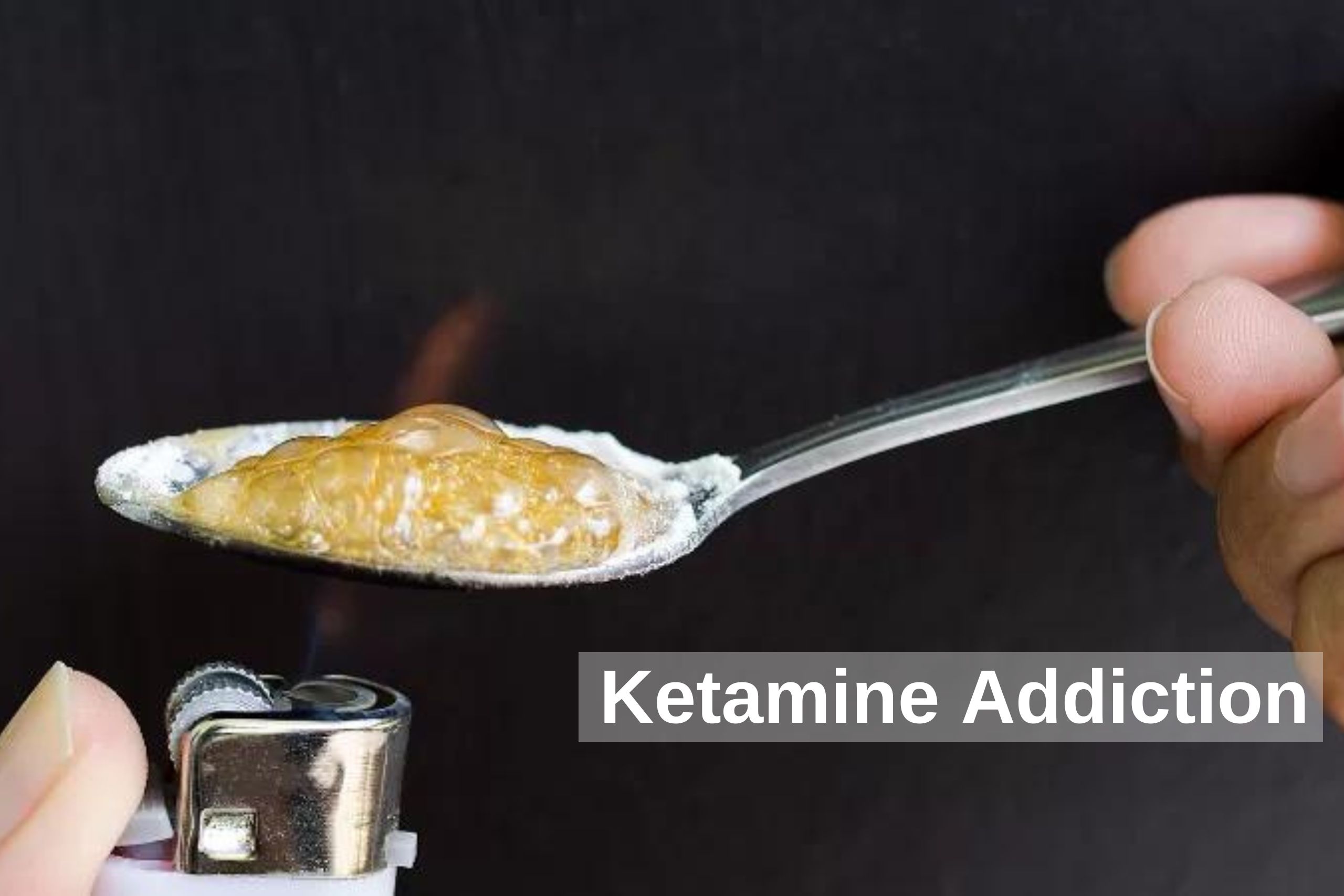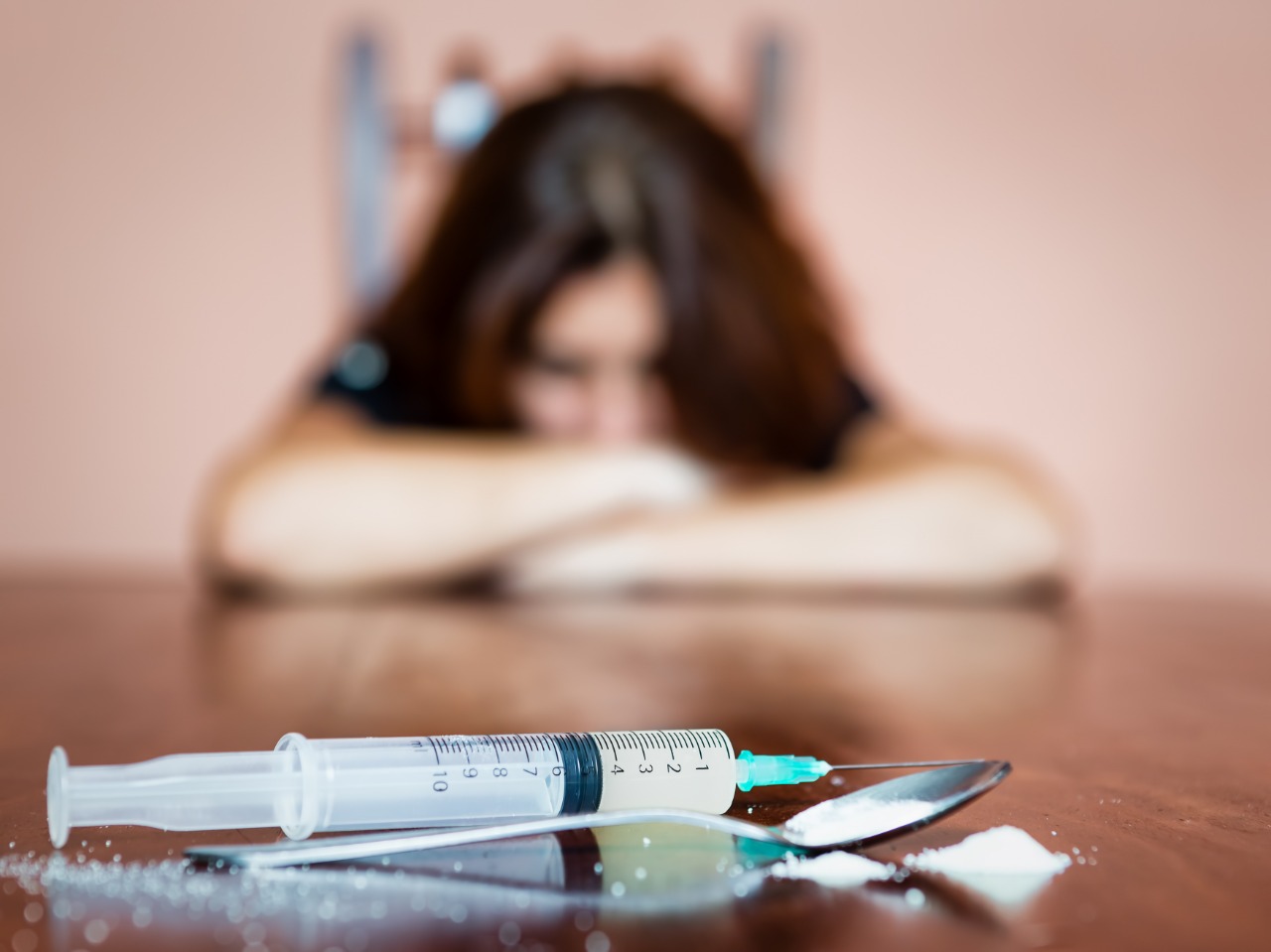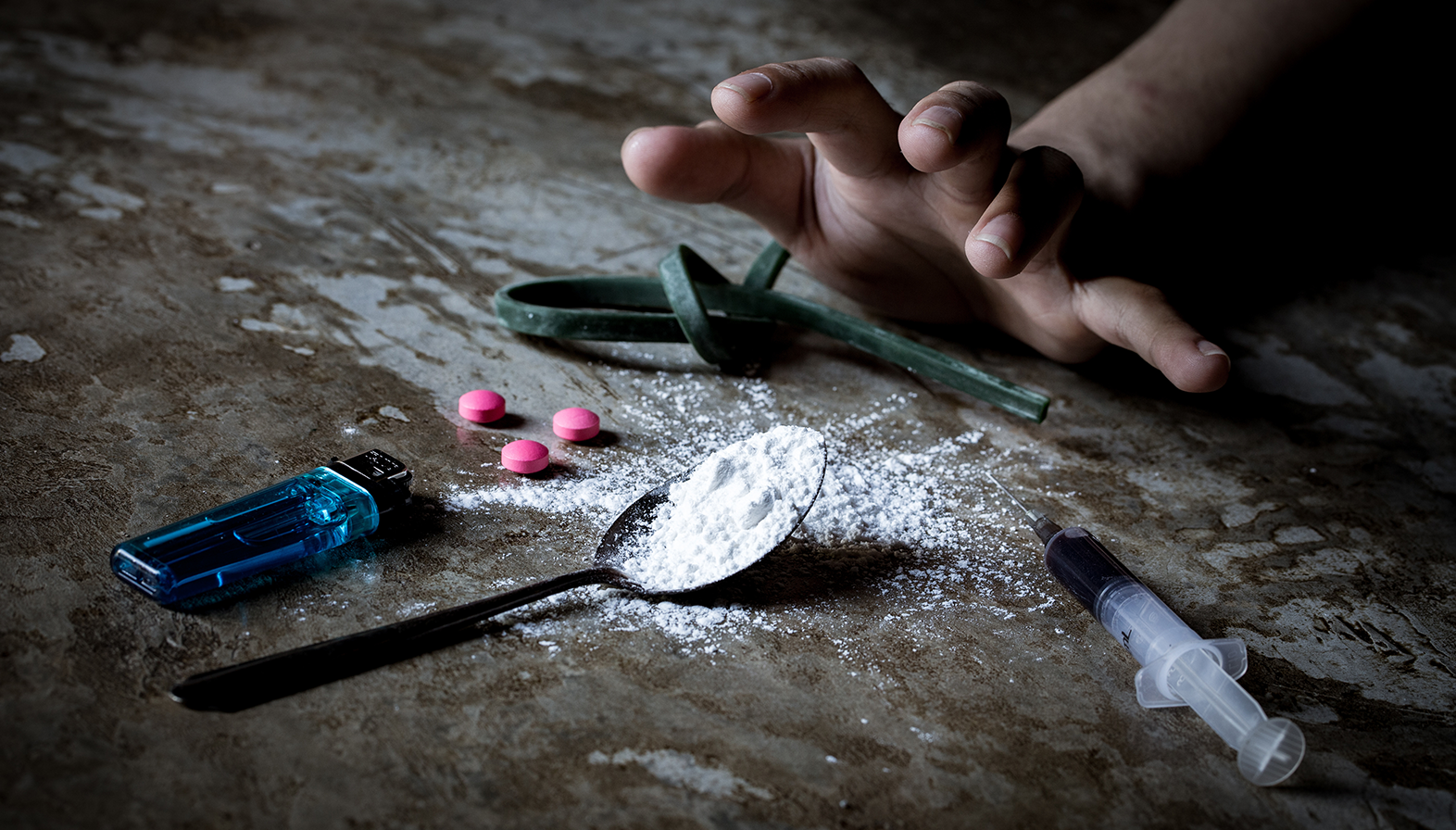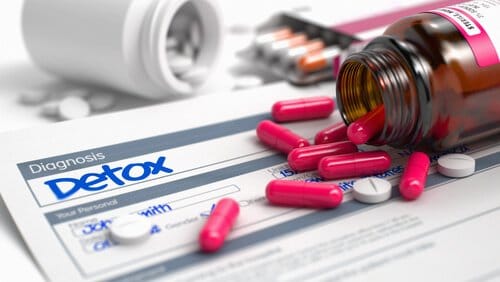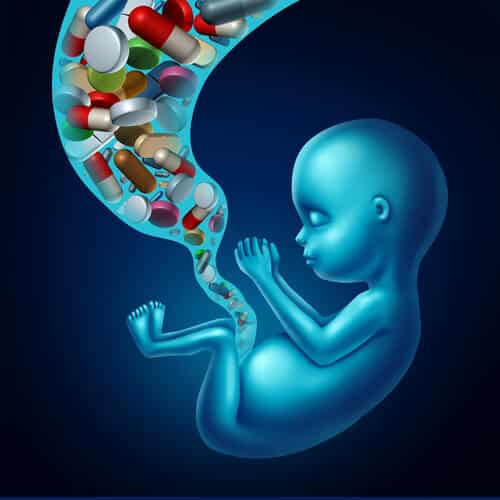When someone begins the journey of recovery from alcohol use, one of the first questions often asked is: How long does detox take?
It’s a valid concern. The idea of withdrawal can be intimidating, especially with the uncertainty surrounding how long it might last. But with the right guidance and support, alcohol detox can become a manageable and empowering first step toward sobriety.
Table of Contents
ToggleWhat Is Alcohol Detox?
Alcohol detox is the body’s process of eliminating alcohol after prolonged use. It’s also the phase where withdrawal symptoms appear. For some, these symptoms may be mild. For others, especially those with a long history of heavy drinking, the process can be more intense and medically complex.
The goal of detox is to stabilize the individual physically and prepare them for long-term treatment.
The Alcohol Detox Timeline
Every person’s detox timeline is different. It depends on several factors:
- How long and how heavily alcohol was used?
- Underlying health conditions
- Previous withdrawal history
- Age, gender, and metabolism
Here’s a general idea of what to expect:
6 – 12 Hours After Last Drink
- Anxiety
- Headaches
- Insomnia
- Nausea
- Shaky hands
12 – 48 Hours
- Worsening symptoms
- Possibility of seizures (in more severe cases)
- Risk of hallucinations (known as alcoholic hallucinosis)
48 – 72 Hours
- The risk of delirium tremens (DTs) peaks
- Symptoms may include confusion, fever, agitation, and high blood pressure
- This is a medical emergency and requires urgent care
4 – 7 Days
- Symptoms typically start to ease
- Individuals begin to regain mental and physical stability
Post-Acute Withdrawal Syndrome (PAWS)
Even after the initial detox period ends, some people experience lingering symptoms such as:
- Mood swings
- Cravings
- Difficulty sleeping
- Low energy
This is known as Post-Acute Withdrawal Syndrome (PAWS), and it can last for weeks or even months. Ongoing support is key during this stage.
Medical Detox vs. At-Home Detox
Medical detox; especially in a supervised setting like an outpatient program; offers:
- Safety monitoring for severe withdrawal symptoms
- Medical interventions if needed
- Professional emotional support
At-home detox is riskier, particularly for individuals who’ve experienced seizures, DTs, or serious complications in the past.
At Center for Network Therapy, our Outpatient Detox program allows individuals to receive professional care without stepping away from their responsibilities. It’s especially helpful for those balancing work or family while starting recovery.
How to Know If You Need Detox?
You may need professional detox support if you:
- Experience withdrawal symptoms when you stop drinking
- Drink daily or heavily over long periods
- Have tried to quit before and found it difficult
- Have underlying health issues or mental health concerns
Healing Is Possible
The detox process may be uncomfortable, but it’s temporary. More importantly, it’s a doorway to a healthier life. With the right care, even the toughest symptoms can be managed, and recovery can begin on solid ground.
If you or someone you love is considering quitting alcohol, our team at CNT is here to help you get started safely.
📞 Call us at 732-484-9661 to learn more or take our free addiction quiz




